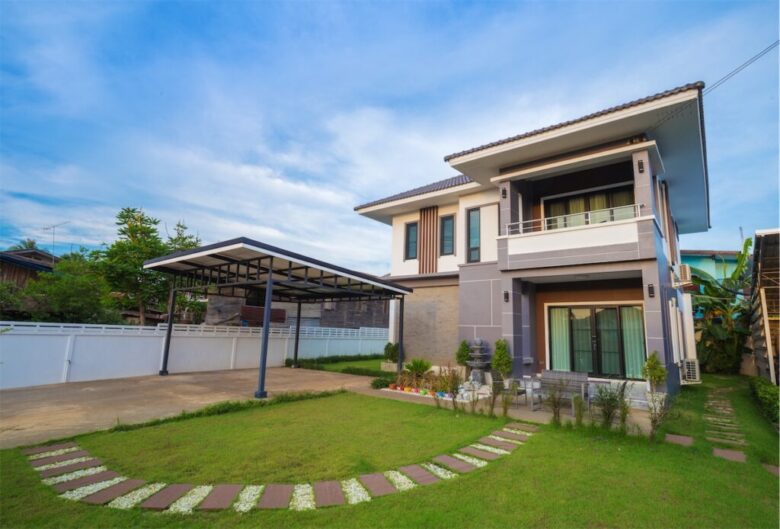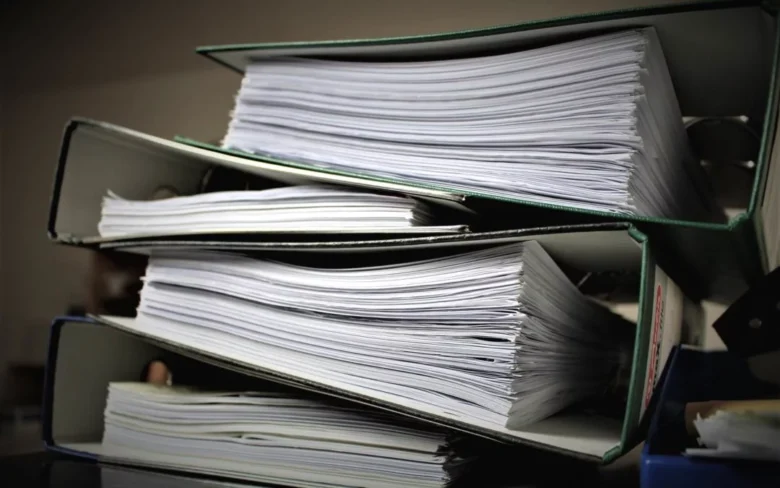Buying property in Singapore is a great way to get a foothold in the country and start building your financial future. You will be spending a lot of time, effort, and money to buy a property that you can call your own. Knowing the right process and regulations can aid in making the right purchase.
However, if you are an expat, it can be difficult to find a good deal on the property because of language barriers and unfamiliarity with the local real estate market. Furthermore, the process and regulations might differ from your home country. In this article, you will get insights into a few tips and regulations for buying property in Singapore.
Contents
Tips and Guidelines for Buying Property in Singapore
1. Do Your Research

Source: financeguru.sg
Buying a property is one of the biggest decisions you will make in your lifetime. It is essential to consider different factors that are essential for the purchase. The best way to start is by doing some research on the market and finding out what property is currently available in your price range. There are plenty of other factors that require enough research before investing in a property.
This includes the location, neighborhood, transportation, schools, public amenities, etc. Buying a house involves a lot of money, so take your time and find the best one that suits your requirements. You can also check out other expats who have already bought or sold the property in Singapore.
If you are looking for real estate in Singapore, head on to this website to check out the best properties in Terra Hill and find the perfect house of your dreams.
2. Consider Using an Agent
If you are looking forward to buying a property, it’s essential to consider using an agent who can help you to find the best properties for your needs and also help negotiate the best price for the property you are looking for. An agent will also make sure the seller has all the paperwork in order and that everything is up to date.
Agents are also well aware of the rules and regulations of buying a property in different areas. They also have the license to act as an intermediary in the sale and purchase of real estate. If anything goes wrong in the future, you can claim compensation against the agent or the seller.
3. Look at Different Properties
Once you have found a property that you like, it’s time to look at all of its features and decide whether they are right for you. Make sure that the home has everything that you need and will meet your personal needs as well as those of your family members who may live with you or even just want to move into the house with you later on down the road.
Begin with deciding what kind of place you are looking for. This will help narrow down your search and make it easier to find exactly what you need. If you have a specific location in mind, take some time to look around and find out if there are any places available near that area that meet your needs.
4. Research the Market Value

Source: 99.co
Look at what’s available in your price range before deciding which areas or neighborhoods that are best for you. Research the market value of the property that interests you so that you know how much money it could cost and where it might fall within an affordable range.
The more specific research you do before making a bid on a property, the less likely it is that you’ll end up paying more than expected because someone else paid too much. Furthermore, you will also have to worry about taxes, finding the right kind of place to live, and being able to afford the price tag.
5. Apply for a Mortgage
Buying real estate is a big investment, and applying for a mortgage can aid in buying your dream property without thinking much about finances. Consider applying for a mortgage before you go to see a property. This way, you will know exactly how much you can afford to pay for the property. Furthermore, it will also give you a rough idea of what monthly payments will be like.
Qualifying for a mortgage can take some time, so it’s better to apply beforehand to avoid any delay while buying the property. Make sure you can afford monthly payments and have a good credit score, so you can quickly qualify for the mortgage. However, if you already have a mortgage, applying for a new one will not take much of your time as you are already acquainted with the procedure.
6. Don’t Forget About the Maintenance
While looking for a house, make sure the property has been properly maintained over the years it hasn’t been used. If the property requires repairs, then discuss the situation with the agent or the seller. Maintenance costs can add up quickly if you don’t plan, so make sure that all payments are covered before signing any paperwork. Also, make sure that everyone involved knows what’s expected from them so there aren’t any surprises later on down the road when that unexpected bill comes due.
7. Get Ready With All the Documents

Source: cibb.com
Before making the purchase, make sure everything is ready before signing any contracts or signing anything at all. This includes things like insurance policies, title deeds, and wills if applicable. Take your time to read every document before signing them. Make sure that all the documents are in English and everything is documented properly, so no one can claim later on that they didn’t get everything they required from you.
The Bottom-line
In conclusion, buying property in Singapore can be a complex process for expats, but with the right knowledge and preparation, it can be a smooth and successful experience. It is essential to navigate the process, ensure that all the necessary documents are in order, and understand the various fees and taxes involved. By taking the time to do their research and understand the process, expats can find the perfect property in Singapore and make it their own.
